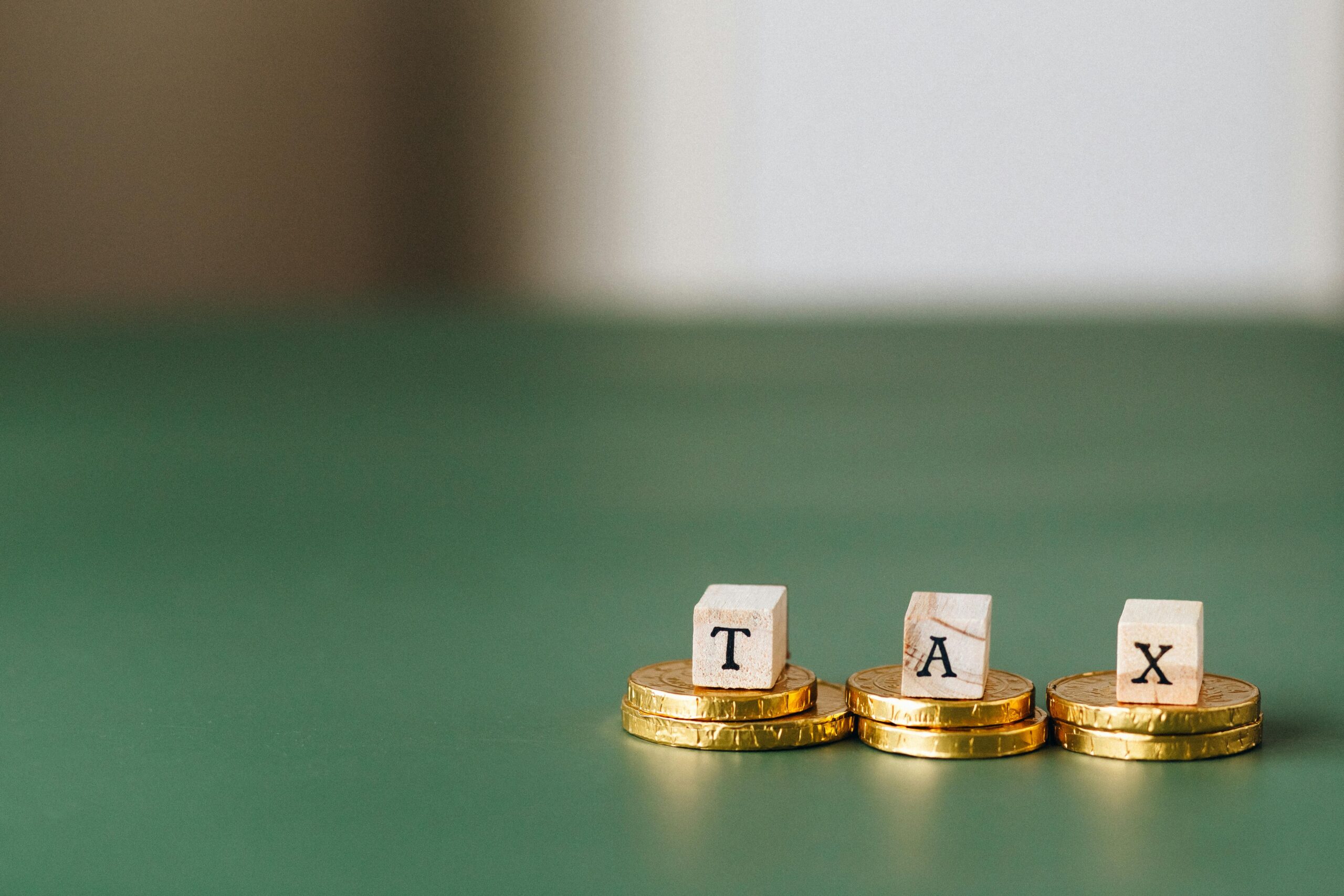
At the Autumn Budget, Chancellor of the Exchequer Rachel Reeves announced changes to the inheritance tax (‘IHT’) treatment of pension pots. The impact of these measures to families is huge and gives concern for individuals involved that have invested under the belief that pension funds would be outside the scope of IHT.
In their latest Pensions Newsletter published yesterday, HMRC has confirmed that it is reviewing the issues and views expressed in the response to its consultation on plans to bring pensions into the scope of inheritance tax (IHT), and will publish both a formal response and draft legislation “later in the year”.
Proposed changes to the IHT treatment of pensions
Broadly, there are two main types of registered pension scheme:
- Defined contribution: a pension pot based on how much is paid in.
- Defined benefit: usually a workplace pension where members receive a set amount of benefits, often determined by their salary and length of service rather than the amount paid in.
Currently, discretionary pension schemes do not form part of a deceased person’s estate and are outside the scope of IHT. When an individual aged 75 or over dies, no IHT is charged on their pension fund. However, there is an income tax charge on the beneficiaries at their marginal rate when benefits are withdrawn from the pension.
It is proposed that, from 6 April 2027, when a pension scheme member dies with unused funds or without having accessed all their pension entitlements, those unused funds and death benefits will be treated as being part of that person’s estate and may be liable to Inheritance Tax. The current distinction in treatment between discretionary and non-discretionary schemes will be removed and could see tax of up to 70% levied on unused pension pots.
Previously, savers could use defined contribution pensions as a vehicle to pass wealth to the beneficiaries of their estates free from IHT. Going forward, pension schemes will no longer be fit for this purpose.
What should pensioners know?
There is a consultation period before any legislation is drafted on the proposed changes, however in the meantime, clients should consider whether their 25% tax free lump sums should be withdrawn from pensions where they think they will leave unused pension funds on death. The 25% tax free withdrawal can then be invested elsewhere, gifted to your beneficiaries or used for other purposes.
Drawing down on pensions to create more income for distribution is also a planning opportunity to explore. The strategy for funding retirement expenses will also need to be re-assessed.
The key is for Trusted Tax Advice to review your wider IHT position and understand the implications of your pension pots which could, from April 2027, form part of your taxable estate. Please click HERE to get in touch to discuss.


